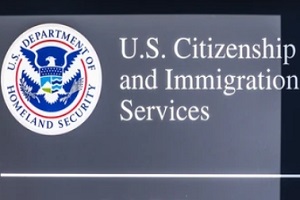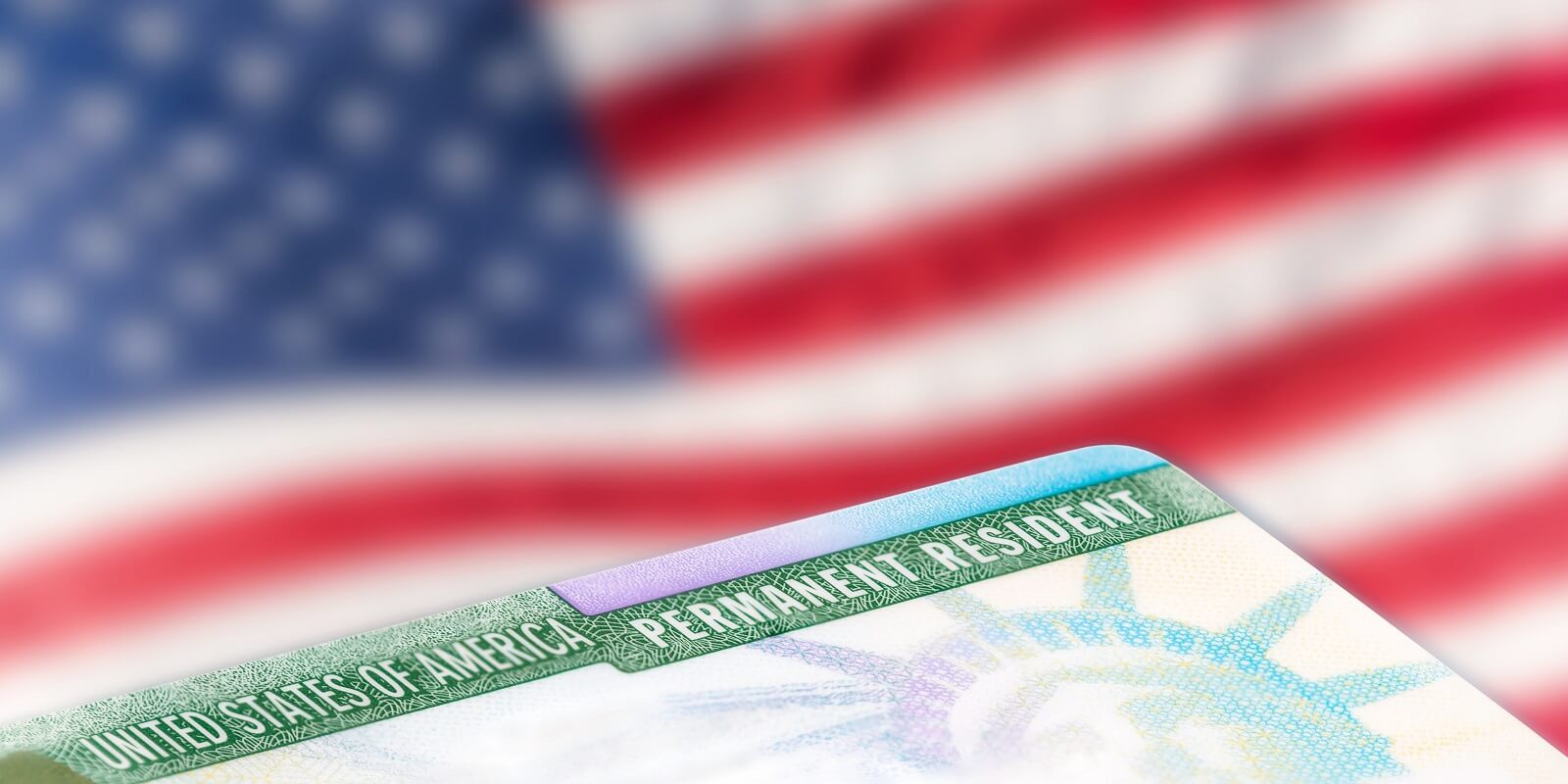It can be devastating to have a USCIS application rejected. The lengthy procedure involved in a Form I-485 Application to Register Permanent Residence or Adjust Status, can make it particularly difficult. You probably invested a significant amount of time and money preparing all of your paperwork and getting ready for your interview. Thankfully, a denial does not indicate that there is no hope left.
Here are some of the top reasons your application may have been rejected and some of the next steps you can take.
Possible Reasons for Denial
There are a number of possible reasons that your I-485 application was potentially denied.
Administrative Errors
 Immigration adjudicators sometimes make mistakes, especially when it comes to document inspection and filing charts. A missing supporting document from the I-485 checklist, such as a certified police report for a moving violation or passport-style images, would serve as an example.
Immigration adjudicators sometimes make mistakes, especially when it comes to document inspection and filing charts. A missing supporting document from the I-485 checklist, such as a certified police report for a moving violation or passport-style images, would serve as an example.
Another illustration would be an application that was turned down because it was sent in after the deadlines indicated on filing charts. If you are certain that you did not make any errors, get in touch with an immigration law office to begin the rectification procedure.
Determinations of Inadmissibility
Even when they had previously been admitted without incident, applicants may occasionally be found to be inadmissible. It is the responsibility of immigration adjudicators to distinguish between eligibility and admissibility; nonetheless, it is the applicant’s responsibility to provide evidence to the contrary. You must get immigration counsel to assist you because this determination has the potential to result in deportation.
Missed Appointments
Application denials could also occur if applicants don’t show up for their scheduled interviews or fingerprinting appointments. However, an immigration lawyer might be able to alert adjudicators to the fact that the missing appointments were rescheduled.
Violating the Visa Terms
A prior instance of visa overstaying frequently leads to the denial of immigration benefits. Expect a denial if the I-485 form conflicts with earlier immigration records.
Determination of Public Charges
The Trump administration unveiled new regulations in August 2019 that would bar immigrants who had previously received SNAP and Medicaid benefits from obtaining permanent residency. These regulations supplement the measures that permit adjudicators to deny requests for status adjustments if they believe a candidate may eventually become a public charge.
Reconsideration Motion or Reopening Motion
When you and your lawyer think you have a strong case that the USCIS officer erred on the side of law or fact in rejecting your application, you can file a motion to reconsider.
You can get the decision overturned and receive a green card if you can persuade USCIS that they were in the wrong legally. On the other hand, if new information becomes available that was previously inaccessible and could affect the result of the case if the case was reopened to take the new evidence into account, a motion to reopen may be made.
What to Do After Being Denied
You have options when it comes to remedying your visa denial. Make sure to work with a legal professional to get the best results and avoid wasting excess time and money.
Contact AAO
When you file an appeal with the Administrative Appeals Office, your matter is transferred from the officer who initially handled it to another, related office for review. In essence, this process basically involves having a new officer at this different location examine the same data that has already been submitted and reviewed.
It is therefore uncommon for the new officer to reverse the denial. Many attorneys prefer to forego this alternative in favor of re-filing the case, which enables them to strengthen your case from the start and gives you the best possibility of winning.
Re-Filing
 You may have the time to reopen the process and make a stronger case from scratch if you have some type of legal status that permits you to remain in the country despite the rejection. If USCIS did not reject or revoke your I-130 or I-129F, you can forego this first step and just submit a fresh I-485 along with the necessary supporting documentation and payments. This may be an especially advantageous option if the refusal was made on the basis of an issue for which you were unable to gather sufficient evidence to support being granted a green card.
You may have the time to reopen the process and make a stronger case from scratch if you have some type of legal status that permits you to remain in the country despite the rejection. If USCIS did not reject or revoke your I-130 or I-129F, you can forego this first step and just submit a fresh I-485 along with the necessary supporting documentation and payments. This may be an especially advantageous option if the refusal was made on the basis of an issue for which you were unable to gather sufficient evidence to support being granted a green card.
For instance, if you were trying to change your status through marriage, it’s possible that you were turned down because USCIS had doubts about the validity of the union. Perhaps you and your spouse had a unique circumstance that made it difficult for you to create a married life together to the USCIS officer’s satisfaction.
Contact Pride Immigration for Legal Guidance
Regardless of what next steps you take, make sure to work closely with a knowledgeable immigration lawyer at every turn. The best person to determine why the initial application was unsuccessful and what would be required to succeed going forward is an expert immigration lawyer.
If you have any questions or concerns regarding your I-485 application, please don’t hesitate to reach out to our team of professionals at Pride Immigration today.
Beeraj Patel, Esq.
Latest posts by Beeraj Patel, Esq. (see all)
- Transitioning to Permanent Residency Through Adjustment of Status for Asylum Seekers - April 14, 2025
- What to Do If Your Employer Withdraws Support During the Green Card Process - March 31, 2025
- How a Green Card Attorney Can Help with Complex Immigration Cases Involving Family Separation - March 17, 2025
